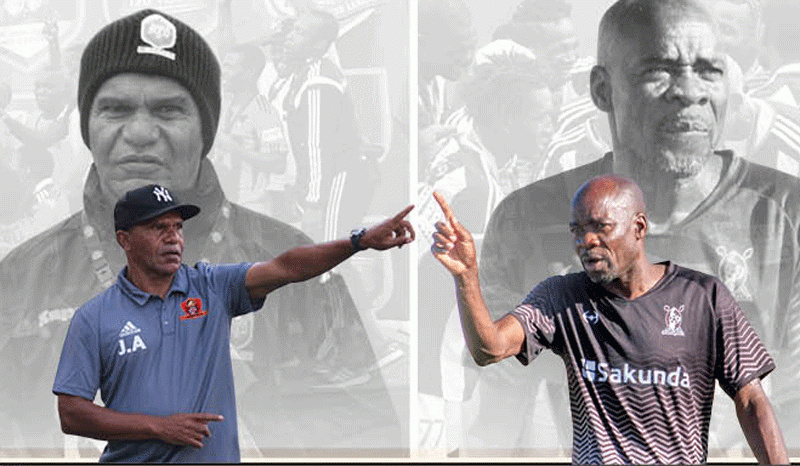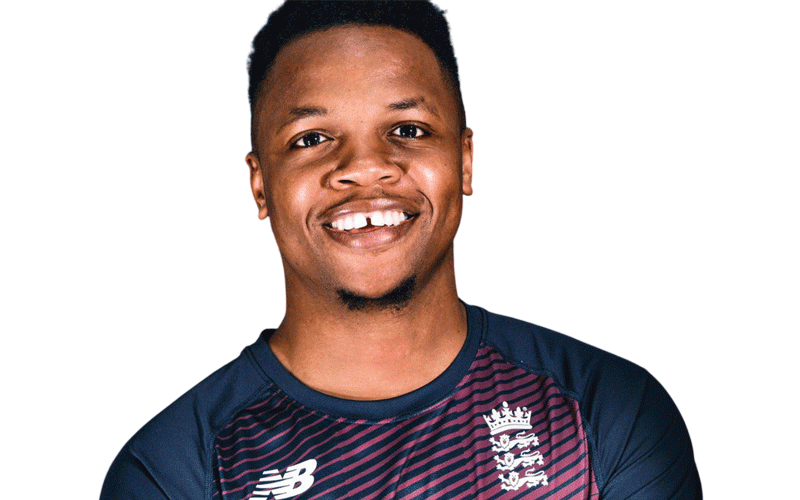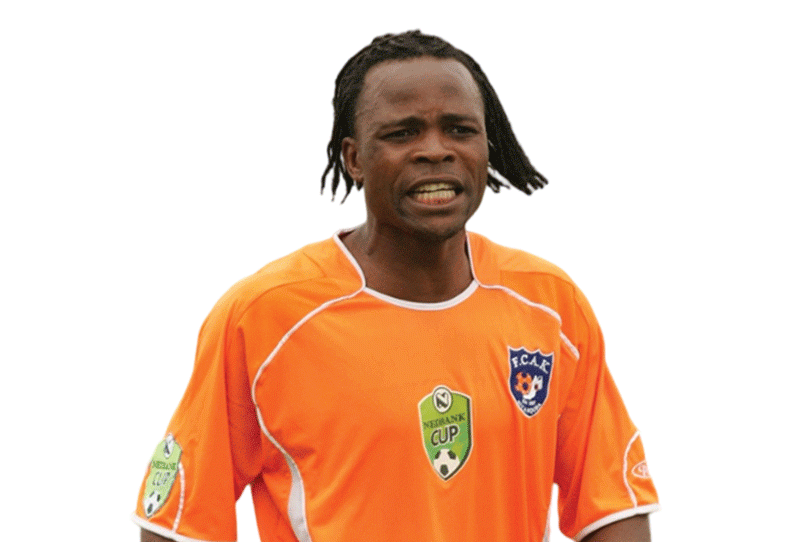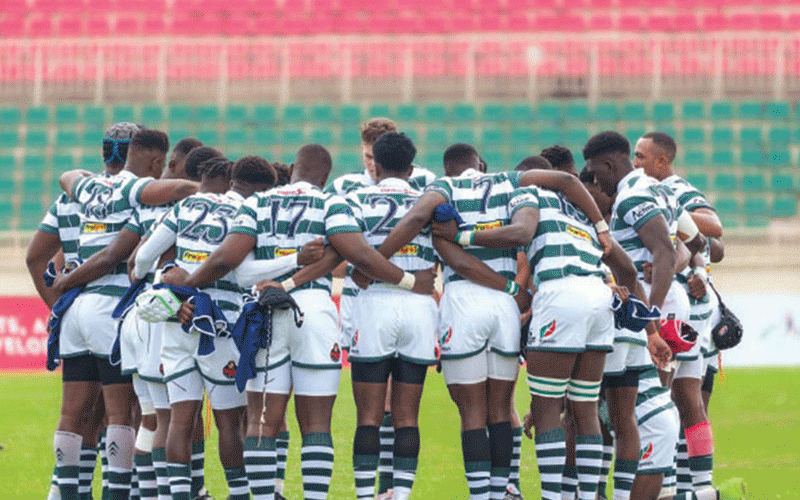
Zimbabwean football may have had its pitfalls — serious ones at that — but it sure has had its romantic moments too.
BY MICHAEL MADYIRA
The latest Cinderella moment was the qualification for the 2006 Africa Cup of Nations (Afcon) which was preceded by the maiden appearance at the same tournament two years earlier.
But there was a time too, in the early 1990s when Zimbabwean football was soaring even higher, nearly making it to the 1994 World Cup. These were the days of the “Dream Team” when the Warriors captivated Africa and made the nation believe that they would soon be dancing with the Brazilias and Germans of this world.
Led by the late German coach Reinhard Fabisch, Zimbabwe toasted to the artistry of the likes of Peter and Adam Ndlovu, Benjamin Nkonjera and Agent Sawu.
There was also the joy of watching the unforgettable displays by players like Vitalis Takawira, Henry McKop, Norman Mapeza and Francis Shonhai.
The Warriors were dreaded by continental heavyweights like Egypt, Senegal and Cameroon.
In 1992, the Trevor Carelse-Juul-led Zifa administration had begun the project of crafting the Warriors into a formidable unit that eyed qualification for the 1994 World Cup.
- Chamisa under fire over US$120K donation
- Mavhunga puts DeMbare into Chibuku quarterfinals
- Pension funds bet on Cabora Bassa oilfields
- Councils defy govt fire tender directive
Keep Reading
That year, Caresle-Juul and his executive hired Fabisch through a bilateral arrangement with the Germany government.
“I remember our first press conference at Meikles Hotel unveiling Fabisch,” said Carelse-Juul.
“I told people that we were going to qualify for the World Cup. Fabisch then objected. He believed it was not possible and said he needed five years with the team to achieve that. I took him aside and told him he needed to buy into our dream. We fought over that. He did not respect authority although he was a good coach. He wanted things his way but I told him football is a team sport.”
During Carelse-Juul’s tenure which quite unusually lasted just over a year, the Warriors lost once in 13 Afcon and World Cup crammed qualifying matches, but he was pushed out of Zifa while Zimbabwe was firmly on course to make history.
Shortly after his unceremonious departure, Zimbabwe narrowly missed qualification for the World Cup and Afcon.
The dream had collapsed.
Then 36-years-old Carelse-Juul had fallen out with the Sports and Recreation Commission for failing to remit levies from gate takings at a time when the Warriors used to stack the National Sports Stadium to the brim with fans.
He believed that money needed to be invested in the team.
“We used the gate takings to incentivise the players and believed the Sports Commission should have supported us as there was no money at Zifa at that time,” said Carelse-Juul.
“It was the team making the money and I believed the players should get a good share of it. The nation has mobilised behind the Dream Team and we also needed support from the Sports Commission, not what they did to distort the dream.
“I fought hard for Bruce [Grobbelaar] to be handed back his passport which had been seized in the early 1980s and he had not been playing for Zimbabwe since then. I became unpopular with those who still had issues with Bruce and did not want him to play. The Press also went against me,” he said.
“In fact, from the day I got into office there were people who did not want me. Even during our fine run with the national team, there were always concerted efforts to remove me. The Sports Commission tried to cite maladministration. They did everything they could. Their interference was going to attract sanctions from Fifa and I did not want that. I did the honourable thing and resigned.
“We were on the verge of qualifying for the World Cup after beating the likes of Egypt and Cameroon at home and being suspended by Fifa was going to disturb us. I could not stand in the way of the team and I resigned so that we did not get suspended. It was a sad moment considering what I had built with my team.”
On October 10 1993, Zimbabwe went on to lose 3-1 away in Cameroon, needing only a point to qualify for the 1994 World Cup hosted by USA. Leo Mugabe had taken over as Zifa boss from an interim executive headed by the late Brian Harry after Carelse-Juul had stepped down and concentrated on his architecture business.
The Mugabe regime rode on the achievements of the previous board and he concedes Carelse-Juul’s brief tenure had positively transformed the game.
“Of course Carelse-Juul did not stay long but he had tried to achieve something which I think was positive. Being a former coach, his focus was more on the national team. He initiated the hiring of Fabisch,” said Mugabe in an interview last week.
Known for his closeness to the players, Carelse-Juul travelled with the national team on all of their away assignments.
His coaching background made him closely-related to the players. Assuming office at Zifa as a 34-year-old after beating former Highlanders’ Mkwananzi by a single vote, he became the youngest ever boss of the association.
He had before attained another milestone of becoming the youngest coach to lead a local top-flight team at 26 when he helped Dynamos win the league title in 1983.
Remarkably, he won the league title that year with a squad that included David Mandigora, the late Archford Chimutanda, July Sharara and Kenneth Jere in a season he had also promoted Moses Chunga from the juniors.
“My age was not an issue. The players respected my commitment and love for the game. But to achieve that at my age, it was God’s wonderful work,” he said.
His experience with Dynamos in the CAF Champions League got him to grasp all the dirty tricks used by African teams to win matches.
Zimbabwe’s World Cup qualifier against Egypt in 1993 was marred by chaos and violence from the host fans which saw Grobbelaar and Fabisch being hit and injured by missiles.
“We really had to qualify for the World Cup and I knew we would meet hell in Egypt. I flew to Switzerland to meet [Sepp] Blatter who was then Fifa secretary general and request for a European referee to handle that match. He declined the request but advised that we film the game.
“We went to Egypt and they employed all sorts of tricks to intimidate us. Our hotel was by the graveyard, there was loud music all night and fans were stoning us but we took photographs of everything,” Carelse-Juul said.
Zimbabwe lost the match 2-1 and successfully appealed against the result.
“After the match, I flew to Zurich again. I had no Swiss visa but was allowed entry at the facilitation of Blatter. I presented visual evidence of the chaos in Egypt and Fifa ordered a replay at a neutral venue with a European referee. People back home could not believe it,” said Carelse-Juul.
The replay was staged at the Stade de Gerland in Lyon, France and ended 0-0.
“I had spoken to the players that the World Cup dream was very real. I told Bruce not to let a goal in and he gave his word. It was the vintage Liverpool Bruce and he did it along with the promise of the team. They played their hearts out and the result helped us reach the final qualifying round,” he said.
His closeness to the players is in stark contrast with the current Zifa board whose president Cuthbert Dube has attended only one Warriors match since coming into office in 2010.
Six coaches have been at the helm of the senior national team that has failed to qualify for three Afcon editions and a World Cup.
“I believe that as leaders if we fail, the honourable thing to do is resigning. I always respect a coach who fails and does the honourable thing. We have seen football leaders in Europe stepping down for the best interest of their countries,” he said.
“I was at the Fifa World Cup in Brazil and I saw some Zifa board members in the VIP where I was with my family. I guess they were staying in expensive hotels and I wondered where the money came from for some of them. The nation deserves something from football.”
Carelse-Juul contested in last year’s Zifa elections and lost 44-14 to Dube after the second round of voting.
“I believe I have done my part in football. At this stage, I have no intentions to come back. I am concentrating on my business in architectural development,” he said.











